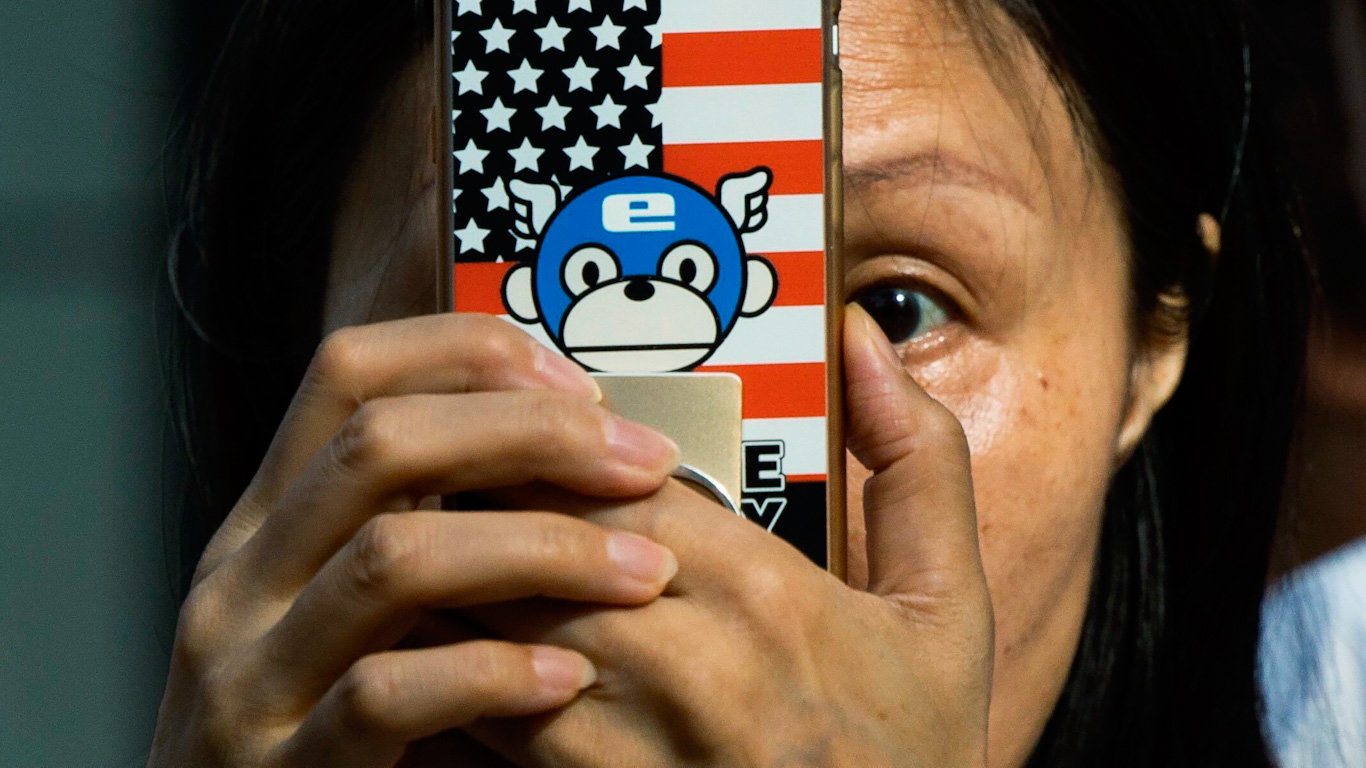by ALAN MacLEOD

In the 1980s, the US imposed a 100% tariff on virtually all Japanese electronics and forced Tokyo to sign a one-sided trade deal that reserved much of its domestic semiconductor sector for American companies.
With just days left in office, the Trump administration has blacklisted an additional nine Chinese companies, adding them to a long list of firms on the U.S. military blacklist and escalating the trade war on Beijing as the U.S. attempts to suppress China’s economic rise.
The Department of Defense claimed that those on its list are secretly owned or controlled by the Chinese military and that it was “determined to highlight and counter” threats that “appear to be civilian entities” but are not. Those companies are now likely partially blocked from the U.S. market and from doing business with American companies.
Chief on the list is electronics giant Xiaomi, whose stocks plunged by 11% this morning and have not recovered. While still relatively unknown in the U.S., Xiaomi is a global giant, manufacturing televisions, smartwatches, tablets, and all manner of home appliances. They are surely best known, however, as makers of smartphones. In quarter three of last year, Xiaomi stormed past Apple to become the planet’s third-largest smartphone maker, behind only Samsung and fellow-sanctioned Chinese giant Huawei. Xiaomi sold 46.5 million units, a 42% increase on Q3 last year — an impressive jump, especially considering the economic slowdown caused by the coronavirus pandemic. Airplane manufacturer Comac, oil giant CNOOOC and Chinese chipmaker SMIC were also added to the list.
Quickly developing a loyal base of customers, Xiaomi is increasingly seen across the planet as a major competitor to Apple, selling similarly specced units for a fraction of the price of an iPhone. By contrast, both Apple’s smartphone sales and market share have been falling dramatically, suggesting that, unlikely as it seems, Apple could go the way of Nokia or Motorola before them.
Mint Press for more
